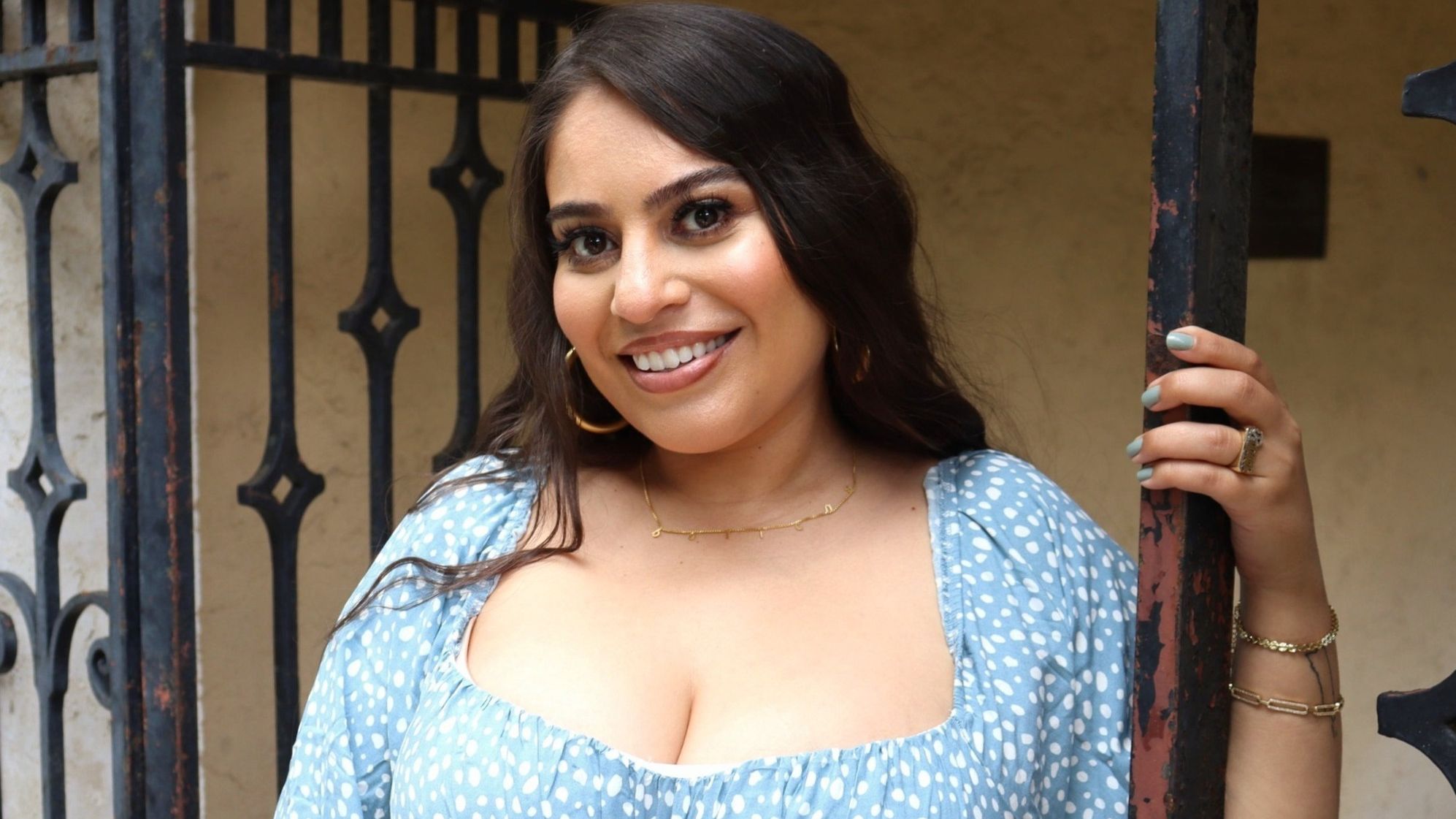In Conversation with Raquel Reichard

We are absolutely thrilled to be in community with Raquel Reichard, an award-winning journalist, author, editor, producer, community-builder and key voice in Latina storytelling. Her book, Self-Care for Latinas, comes out in December 2023! Please pre-order now!
Who are you? Who is your community and how do they love you?
I’m an Orlando-based, Puerto Rican journalist, editor, producer, and author who tells stories about Latine culture, body politics, and music, exploring themes of bodily autonomy, colonialism, diasporic belonging, and wellness. I’m an aunt, a daughter, a sister, and a friend. My community exists physically, spiritually, and virtually, and it’s made up of family and friends who love, care, challenge, and enliven me by simply existing as their most genuine selves.
You have had an incredible career as a writer, creator, and producer. What has been your biggest learning or unlearning in the storytelling field?
There have been so many learnings and unlearnings. I think my biggest learning is that this work is valuable even when platforms, companies, and editors don’t recognize the value in it. I’ve been laid off twice and, frankly, my current full-time job is at risk every day. Under capitalism, companies measure the worth of my work — writing that my community has told me has helped in affirming, healing, educating, entertaining, and holding them — by financial profit. If it doesn’t earn them money, then they no longer invest in journalism, cultural criticism, and storytelling that center and uplift marginalized communities. But their greed says little about the importance of the work that so many of us do daily.
On that, I think my biggest unlearning is that I need to sacrifice everything for the work. Growing up in a culture of marianismo, where Latina girls and women are taught to prioritize the needs of everyone else over their own, and then entering a capitalist model of work that requires workers to be perpetually available, regardless of what they are enduring physically, mentally, and spiritually, I’ve spent so much of my life serving everyone but myself. And being of service to loved ones, to my community, and to my planet is deeply important to me, but I also need, and deserve, to live in a way that serves me, too.
Your forthcoming book is Self-Care for Latinas. How do you balance the need for self-care with the need for systemic transformation? (Whose responsibility is your wellness?)
Self-care is integral to systemic-transformation. The very act of self-care — of saying no to assignments, meetings, or events so that you can say yes to what your mind, body, and spirit are asking you for — is resistance to a white supremacist, patriarchal, capitalist system that thrives on women, and especially racially and ethnically marginalized women, working ourselves ill. Additionally, by engaging in activities that help me unwind or rejuvenate me, I then have the physical energy, mental clarity, and spiritual vitality to keep fighting for transformation and liberation.
We at the Institute talk about being fueled by an ethic of love. How do you connect to a love ethic in your work and life?
I adore this question. I’ve always said that I practice compassionate journalism, and I think what I mean by that is that there is an ethic of love to my work. Whether it’s stories I’m writing, producing, editing, or commissioning — or how I’m showing up for my team, my readers, and my community — I’m driven by an ethic of love, an ethic that understands the power and impact of media and the great responsibility that comes with producing it.
In the media industry, and especially with the rise of social media, there is a lot of pressure to be the first: the first outlet to publish the news, the first journalist to get the interview, or the first to write the think piece that lands you the book deal. It’s become more important to get news and commentary out rapidly than it is to treat the content — oftentimes very real people and experiences — with care. I resist that. It is much more important to me to tell a story with nuance and dignity than it is for me to meet a deadline. The work that I do aims to help my community unlearn the conspiracy of white supremacy and the myths it may have taught them of their inferiority or their superiority, and that requires an ethic of love. It simply cannot be done effectively without one.

